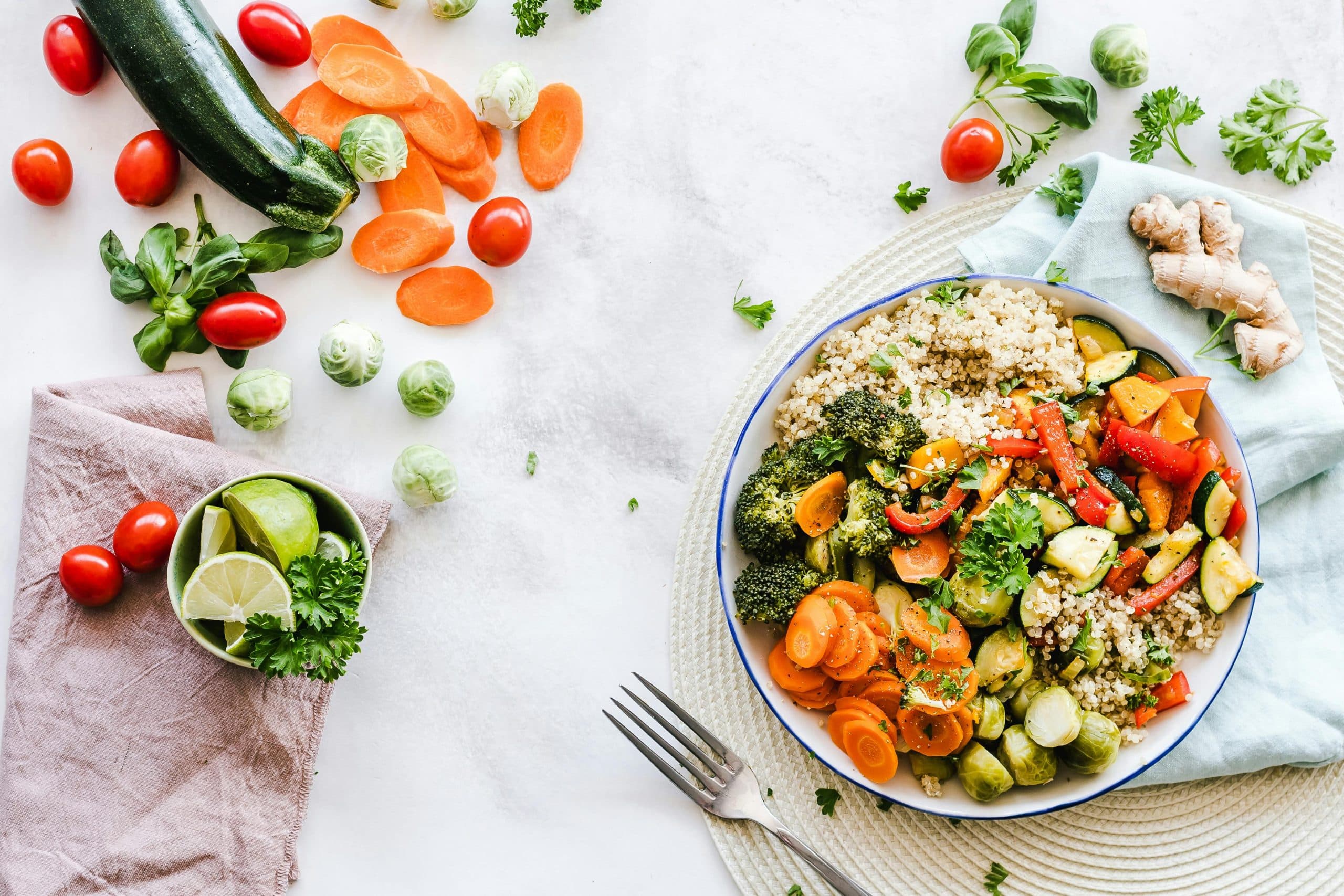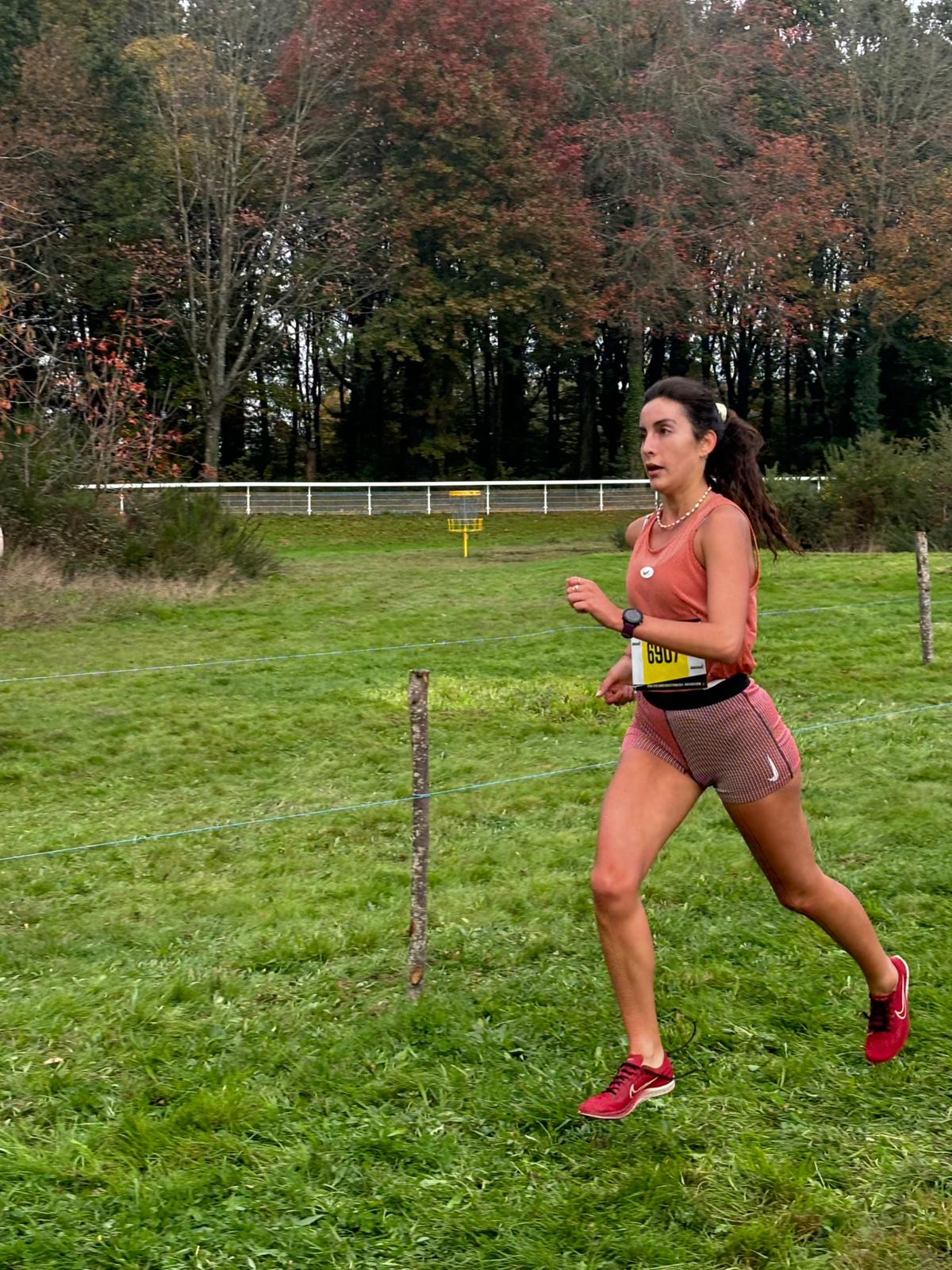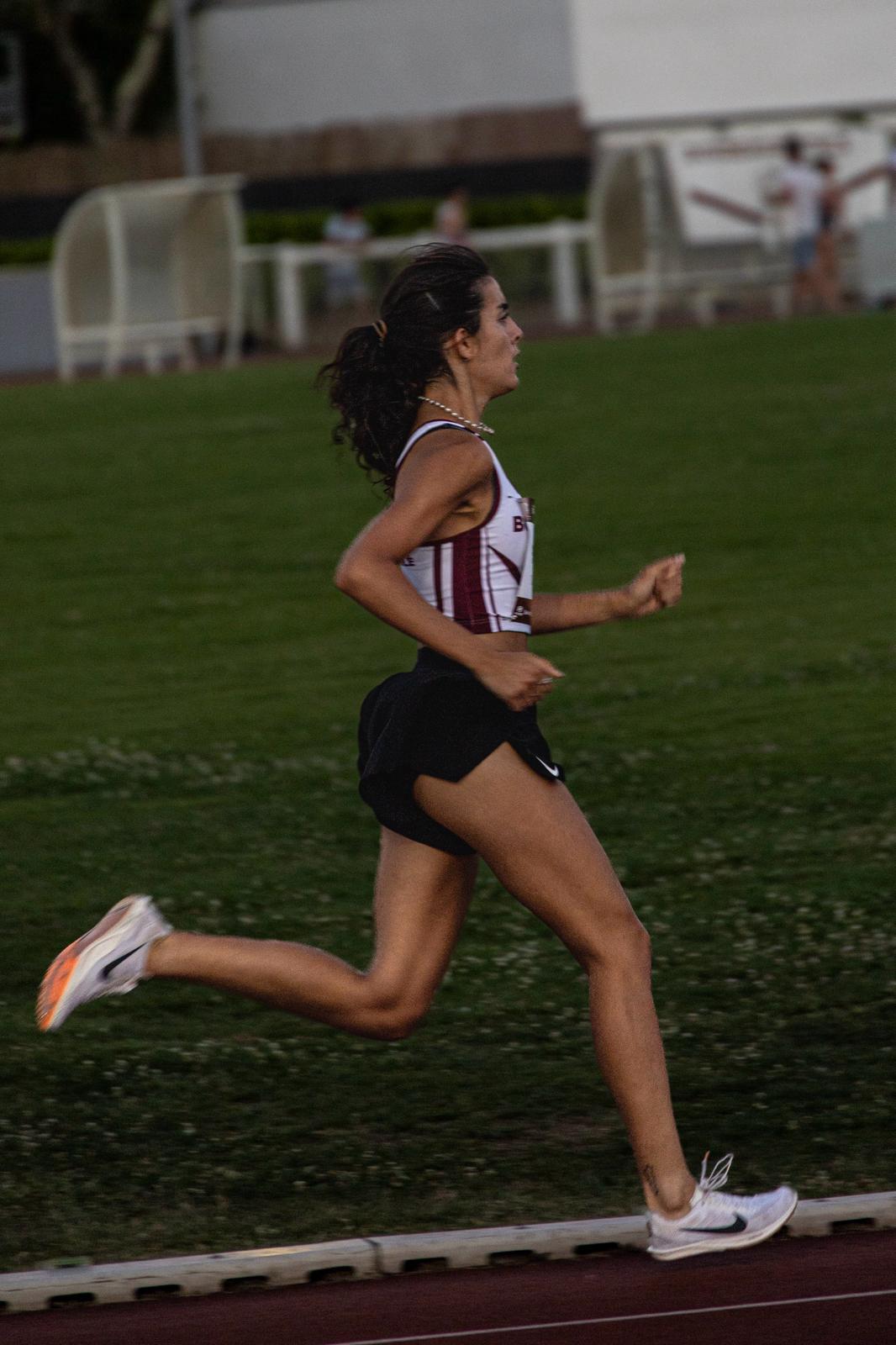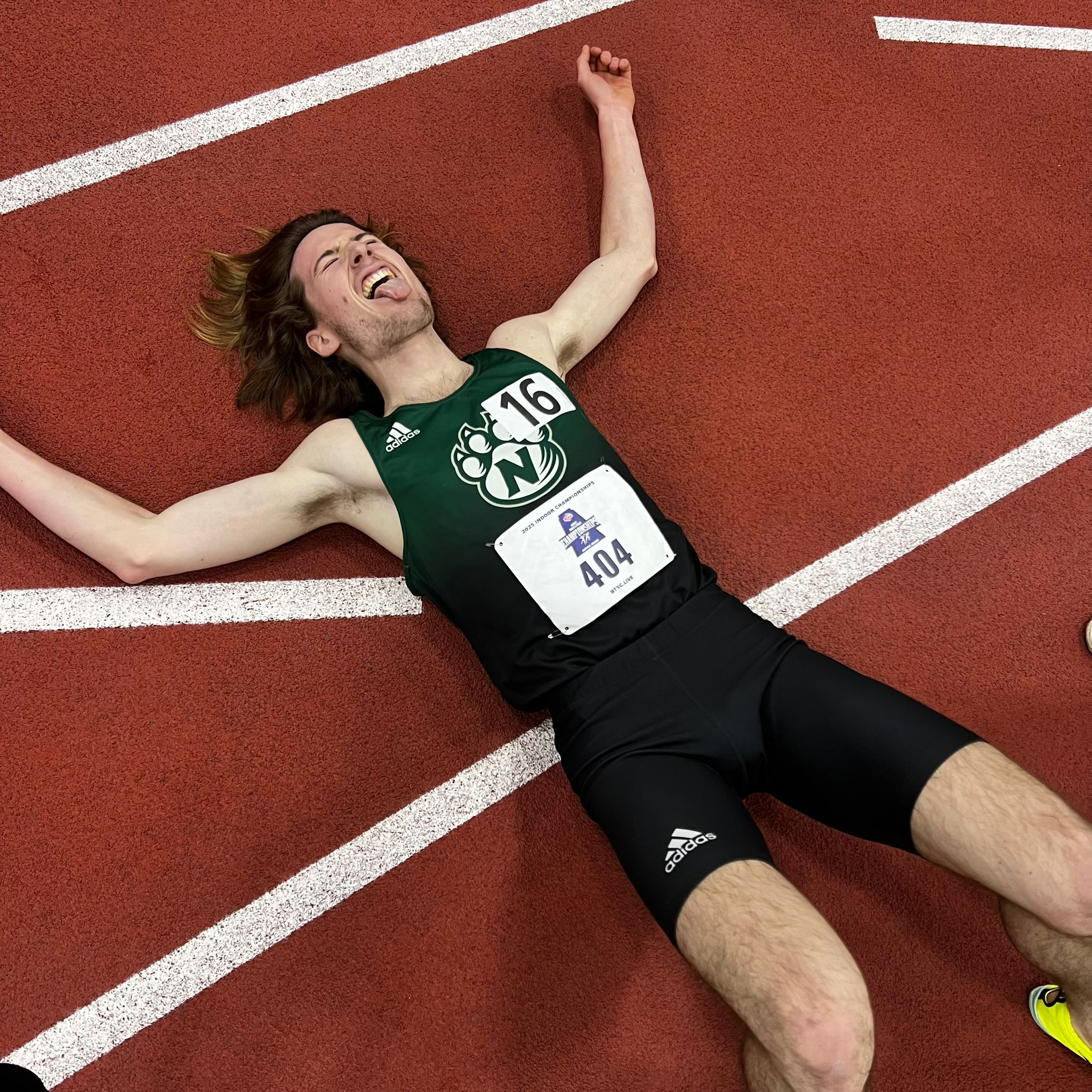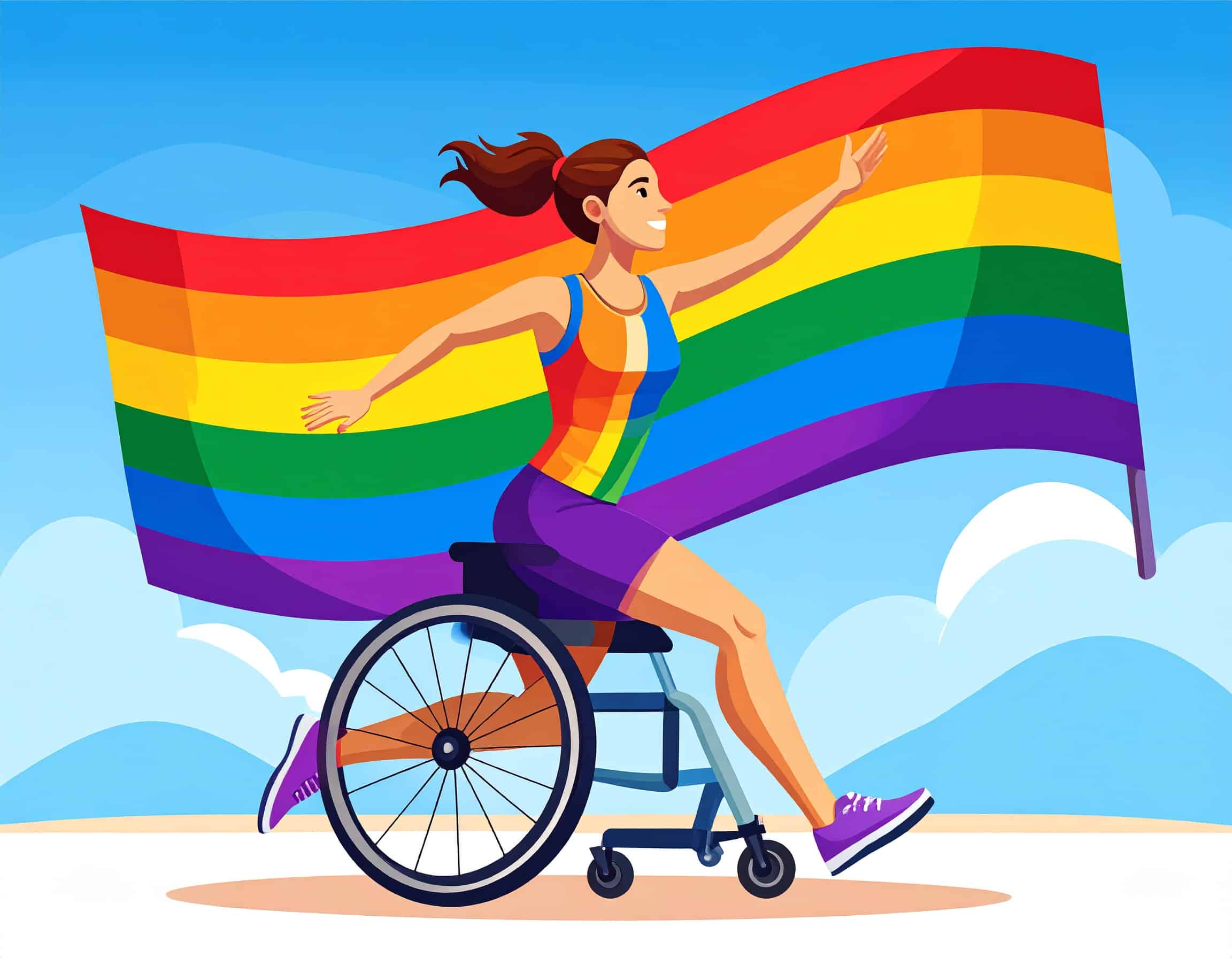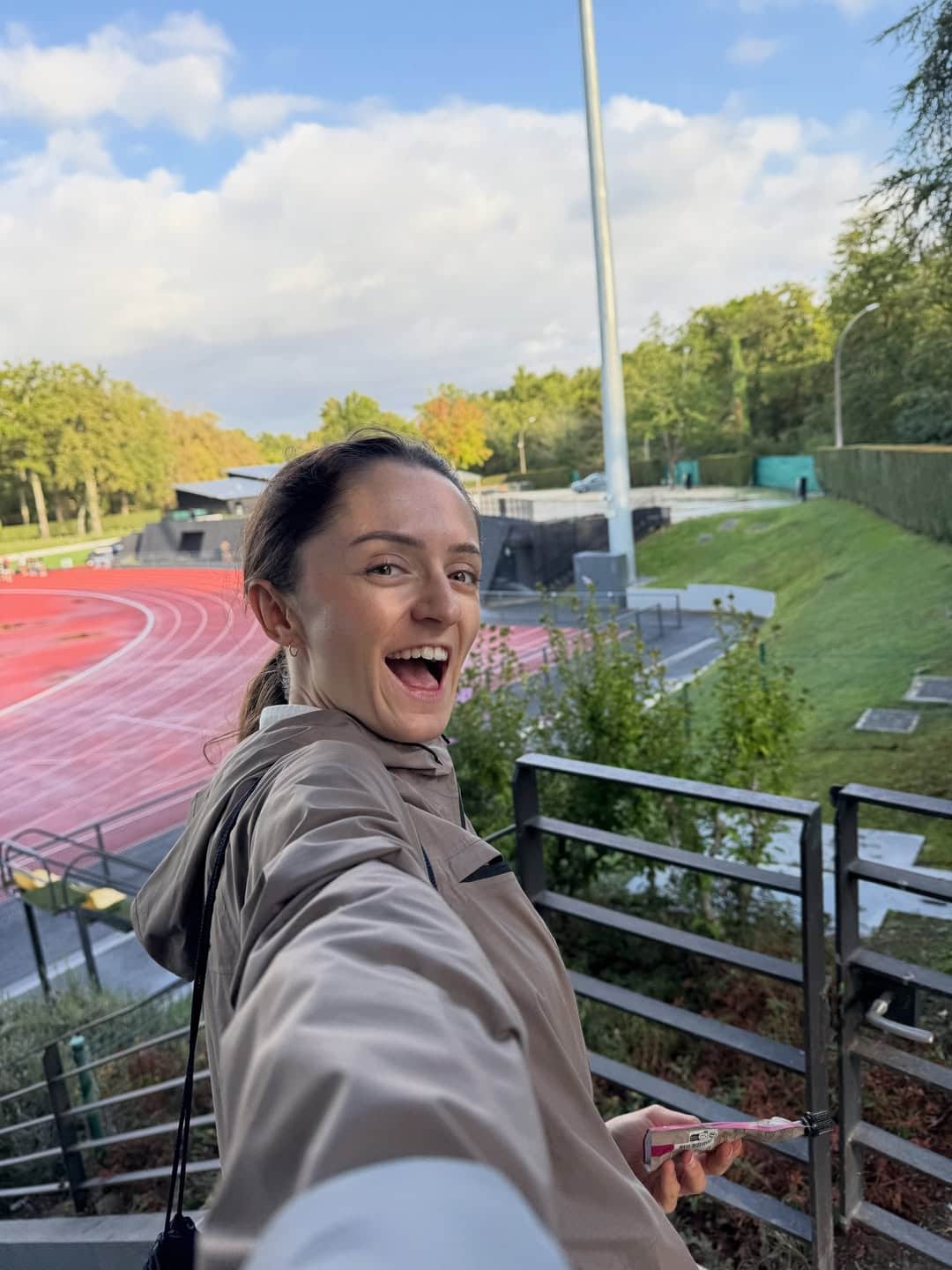Running and Vegetarianism: Benefits and Pitfalls to Avoid
Endurance sports and nutrition go hand in hand. From marathoners to middle-distance runners, many athletes pay close attention to what they eat. Diet is seen not only as a driver of performance but also as part of a healthier lifestyle. Plant-based eating is increasingly attracting runners, too. With growing awareness around environmental issues and animal welfare, more and more athletes are shifting toward a plant-focused diet. But this choice requires solid knowledge, since athletes have nutritional needs that differ from the general population.
“It is absolutely possible to be a vegetarian, an elite athlete, and still get all the nutrients you need—as long as you optimize your diet,” explains Justine Chagnaud (@le_journal_de_la_nutrition on Instagram), a sports dietitian, lecturer, and researcher in sports nutrition science. “There are no contraindications, except sometimes in cases of certain hormonal conditions.”
“Being vegetarian does require careful attention. It’s important to focus on varied protein sources such as eggs, or combinations of legumes and grains—like rice with lentils, or quinoa with kidney beans.” Chagnaud, who also competes herself from the 1500m up to 10K distances, shares her perspective: “When meals are well-balanced, there’s no problem performing in middle-distance or endurance events such as the marathon.” For those lacking plant-based meal ideas, she recommends drawing inspiration from world cuisines—Indian, North African, South American, or Asian—where vegetarian traditions are already strong.

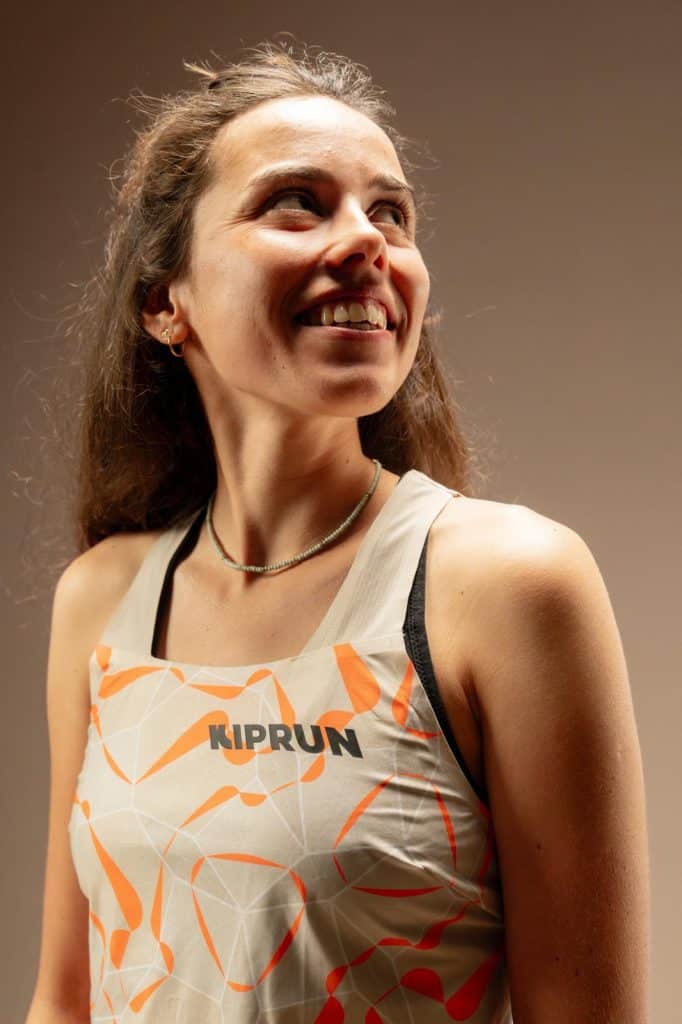
Protein is essential for building and repairing muscles and tissues. Individual needs vary, influenced by many factors such as weight, height, sex, age, and level of physical activity, including both frequency and intensity. Jade Rodriguez, a sports dietitian-nutritionist and international mountain running athlete, points out that proteins are made up of nine essential amino acids.
Animal proteins contain nearly all of these essential amino acids, with eggs being the perfect example. Plant-based sources, however, have an incomplete amino acid profile. Pairing them together ensures a full spectrum of amino acids and helps prevent deficiencies. “Einkorn wheat, an ancient grain, is particularly interesting because it’s high in fiber, minerals, and provides complete protein with eight essential amino acids.”
As both a mountain runner and cross-country athlete, Rodriguez shares her advice on avoiding deficiencies: “The most common pairing is legumes with cereals, but there are others, like legumes with dairy products, or cereals with dairy.”
She also highlights the importance of monitoring micronutrients at risk of deficiency, such as calcium, iron, and vitamin B12, which can be added to the diet through foods like brewer’s yeast or spirulina, both rich in vitamins and minerals.
| Plant-Based Diets and Elite Athletes
Many athletes have embraced vegetarianism—and it’s nothing new. Do you know what these legends of track and field had in common: France’s Alain Mimoun, Czech runner Emil Zátopek, and Americans Edwin Moses and Carl Lewis? All of them followed a plant-based diet.
Ultramarathoner Scott Jurek, author of Eat & Run, is perhaps the best-known example of a vegan athlete (meaning he avoids all animal products). An unlikely candidate for ultra-distance races at the start of his career, the American went on to build an extraordinary résumé.
Born in Minnesota, Jurek made his name in the toughest events of the sport. He won the Hardrock Hundred Mile Endurance Run in 2007, claimed seven consecutive victories at the Western States Endurance Run (1999–2005), and earned three gold medals at the Spartathlon, the grueling 245 km race from Athens to Sparta (2006, 2007, 2008). He also conquered some of the world’s hardest ultramarathons, including the notorious Badwater race through California’s Death Valley.
Jurek credits his achievements to his mental strength—but above all to his vegan diet. While it’s impossible to prove that his outstanding results stem directly from what he eats, his story stands out, much like those of Mimoun, Zátopek, Moses, and Lewis.
According to Justine Chagnaud, there are clear benefits. “More and more studies are being published on the positive effects of vegetarianism on the body, digestion, and the gut microbiome in general. Vegetarian athletes often seem to recover better and have greater focus.” She explains that it’s not necessarily the diet itself that brings these advantages: “Not eating meat forces people to think more carefully about what’s on their plate. These are often the ones who pay closer attention to nutrition, to where their food comes from, to organic options, to endocrine disruptors. Naturally, they’re looking for quality—and that leads to a healthier diet and lifestyle.” In short, being mindful of food quality and balance benefits both the body and athletic performance.
“When we eat food produced under good conditions, we get the most out of it. But pesticides, GMOs, and the conditions in which animals are raised and slaughtered can all have harmful effects on the body,” adds Jade Rodriguez. Her advice: prioritize quality meat or fish over quantity. Organic certifications and quality labels, such as Label Rouge or Bleu-Blanc-Cœur in France, are reliable markers for choosing healthier products.
| Iron and vegetarians
Iron is a key concern. Critics of plant-based diets often highlight the risk of deficiencies or anemia linked to low iron intake. Jade Rodriguez explains that there are two types of iron: heme iron, found in all animal proteins, and non-heme iron, which comes from plants. “Non-heme iron is absorbed less efficiently, which means vegetarian sources of protein are often not as well assimilated,” notes the mountain runner. This is why vegetarians can sometimes be more prone to deficiencies.
“To improve the absorption of non-heme iron, you can add sources of vitamin C to your meals, such as raw vegetables and fresh fruit. It’s important to include them regularly when you don’t eat meat, since vitamin C helps the body absorb plant-based iron,” explains Rodriguez. A few simple combinations include starting with a raw vegetable salad, finishing with a piece of fresh fruit for dessert, or adding lemon juice as a dressing.
Justine Chagnaud adds: “People often assume deficiencies are linked to vegetarianism, but in reality, it’s more about absorption. When deficiencies occur, they’re often independent of diet.” She recommends including vitamin K (found in green vegetables), pairing spirulina with vitamin C, and relying on legumes such as lentils—along with grains—to help the body retain iron. “It’s also essential to get enough omega-3s, which are found not only in fish but also in oils and nuts. For athletes, these are crucial in fighting the inflammation caused by intense training.”
For those who limit dairy products, vegetables can be an excellent way to cover calcium needs. “Many people don’t realize that broccoli, for example, contains more calcium than a glass of milk,” the dietitian points out.
| Nuances on the Topic
Avoiding meat comes with both advantages and drawbacks. Overconsumption of animal products can be harmful, as excessive red meat intake has been linked to certain cancers and a higher risk of cardiovascular disease (Campbell Report).
“It’s best to avoid ultra-processed foods and meat from factory farming, which is generally poor in quality. The downside is that these products often contain large amounts of saturated fats, antibiotics, heavy metals, and pesticide residues. These animals are typically fed unnatural diets designed to fatten them quickly, and that’s not beneficial for health.”
Justine Chagnaud, sports dietitian and lecturer, researcher in sports nutrition science, and athlete
A well-sourced omnivorous diet won’t cause problems. But someone can also be vegetarian and rely heavily on ultra-processed supermarket alternatives—in that case, it won’t be optimal for good health.
“Being vegetarian and competing at a high level is absolutely possible, but you need to educate yourself and understand your own body. To start on solid ground, it’s wise to work with a dietitian-nutritionist or a sports physician, and to get regular blood tests to see how your body is responding. We all come from different backgrounds and cultures, with individual predispositions that affect how we absorb nutrients. Vegetarianism can be a great fit for some, but for others, it may actually have negative effects on their health.”
Jade Rodriguez, sports dietitian-nutritionist and international mountain running athlete
| Middle-Distance Runners’ Testimonials
Chloé Duarte, a middle-distance runner specializing in the 1500m, 3000m, and 5000m, has followed a pescatarian diet (no meat, but including fish) for the past eight years. The turning point came in high school, during an exchange year in Brazil. “In France, I was already a bit repulsed by meat—I’d seen powerful documentaries about factory farming conditions. I’d always been forced to eat it. In Brazil, people consumed it constantly, and that’s when I decided to stop.”
A student of coach Eric Dubus, Duarte admits she initially struggled to put together balanced meals after making the switch. “It was easy for me to eat little or no protein at a meal,” she recalls. That mistake likely led to two stress fractures while she was competing as a student-athlete in the United States.
“It was hard to find plant-based alternatives there,” explains the Bordeaux native, who has since learned from those experiences. Chloé Duarte sought advice from friends who are nutritionists to help balance her meals, focusing on fish, legumes, tofu, and skyr. She also adds iron supplements and protein powder to her diet. “Since becoming vegetarian, I actually think I eat better than I used to,” she concludes.
Barnabé Gabillet, also a student-athlete in the United States (800m, cross country, 10K), is vegetarian as well. “It happened gradually and not in a very deliberate way,” recalls the Athlé 92 runner. It all started as a challenge: going meat-free for the month of January. His initial motivation was to follow in the footsteps of his mother, who was pescatarian. “In the end, I never went back. I didn’t eat meat for all of 2019, and in 2020 I decided the logical next step was to give up fish and seafood as well,” explains the Business Administration master’s student. His choice was driven by environmental awareness, a focus on food quality and sourcing, and concern for animal welfare.
Before turning to middle-distance running, Gabillet was a triathlete until 2019. He was curious to see if a plant-based diet would have positive or negative effects under heavy training loads. “I didn’t really feel much of a difference. What matters most to me is that I can keep running the way I want while staying true to my values.”
Like Chloé Duarte, the newly U.S.-based runner also went through a tough season in his career. One 1500m season in particular left him doubting himself. “I was completely drained after 1000m—or even earlier—during every 1500m race. A blood test revealed anemia, which was clearly linked to my diet. Since then, I’ve worked with professionals, I get regular blood tests, and I take supplements,” explains the steeplechaser.
In the U.S., his plant-based diet both surprises and impresses his training partners. Finding alternatives across the Atlantic isn’t as straightforward as in France. “Fruits and vegetables are more expensive in the States. You have to make choices. Since switching to a plant-based diet, I cook a lot more and pay closer attention to what I put on my plate to make sure I meet all my athletic needs.”

Emma BERT
Journaliste
